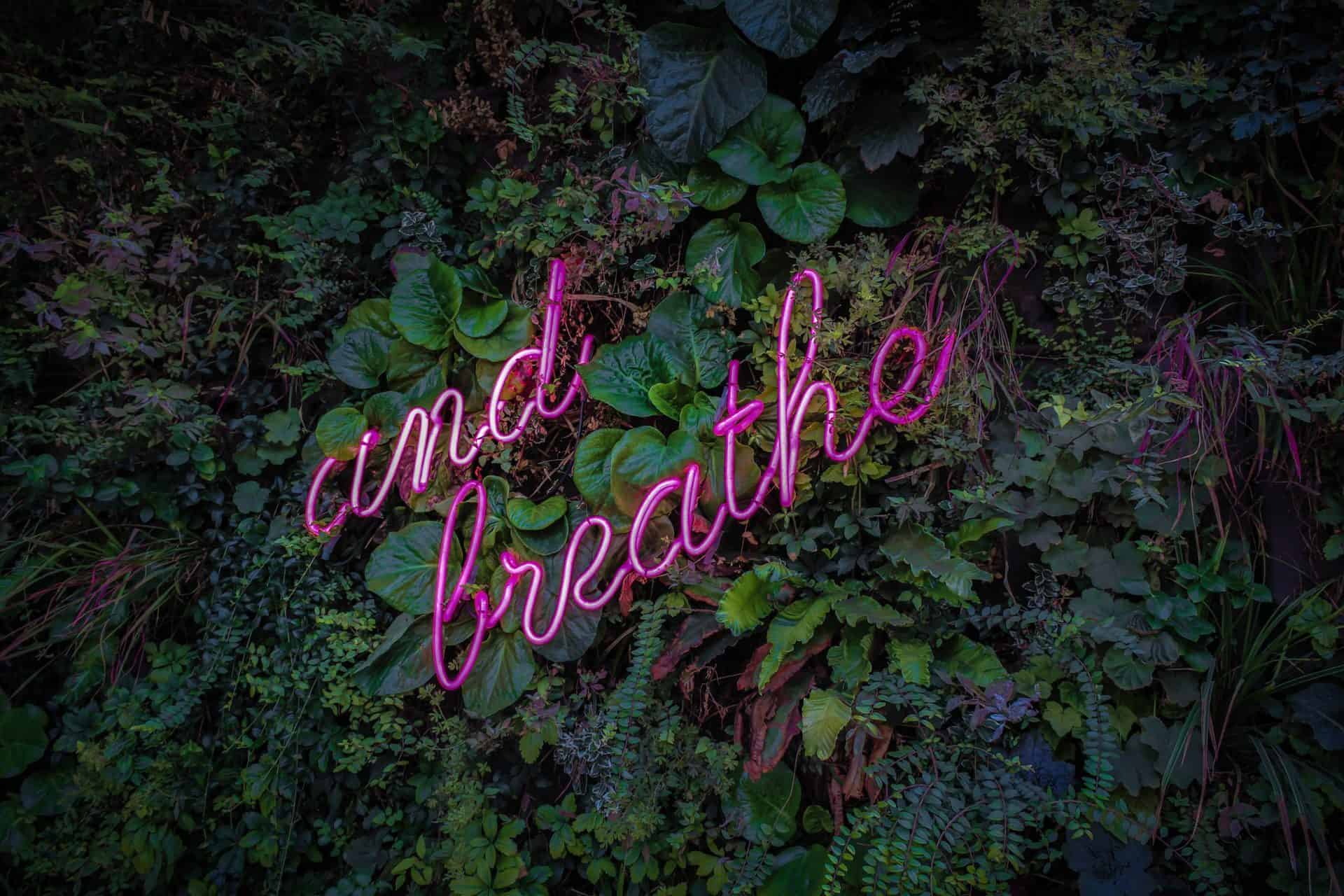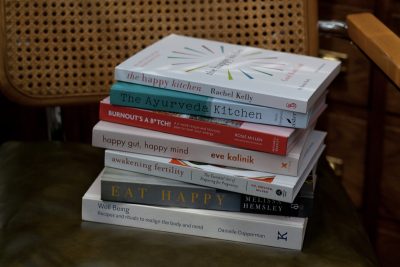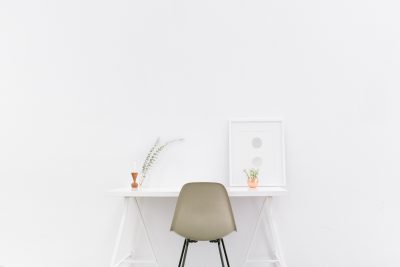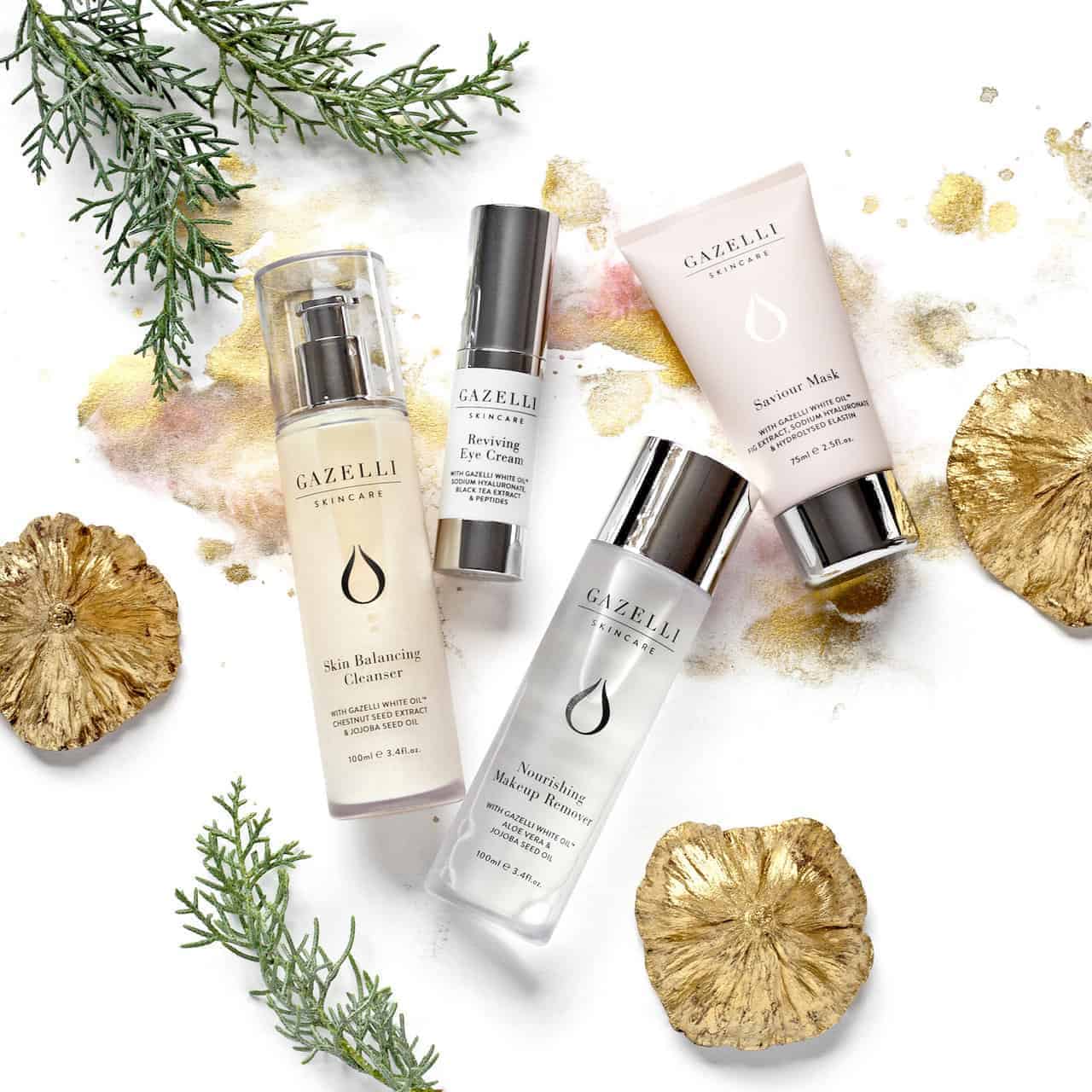
Diet and exercise are the twin pillars of health. But we have a third support we can put into place – SLEEP. Adequate sleep is necessary for your mental and emotional wellbeing, but it is also vital in ensuring optimal immune function. This makes you less likely to contract a virus you have been exposed to or more likely to make a speedy recovery if you do succumb.
For many of us, however, good-quality sleep is hard to come by at a time when the world is changing so quickly around us and we are facing unprecedented circumstances. Here Breath Coach Melike Hussein talks you through two simple breathing techniques that will help you to nod off more quickly or to fall back to sleep if your rest is interrupted.
Let’s take a closer look, and then practise together…
What happens if you don’t have enough good sleep?
During sleep, your body makes and releases small inflammation- and infection-fighting proteins called cytokines. Studies have shown that without adequate sleep, fewer cytokines are produced and the body struggles to fight off infection.
Sleeping also helps us to repair and restore both our bodies and our brains. During sleep, the brain can process information, consolidate memory and produce new insights that enable us to learn and function more effectively during the day. So we all need to make sure we get the right amount of sleep – between 7 and 9 hours per night for adults – and that our sleep is good quality.
Better sleep can be achieved through developing a bedtime routine that includes screen-free time and avoiding alcohol. But for many of the only non-medical method of boosting our sleep quotient is relaxation techniques. So where to start?
The answer is right under your nose
Sleep problems are often caused by our inability to switch off our minds and relax our bodies. This is where breathing helps – it’s simply the easiest and most effective relaxation technique you can harness.
Slow, controlled breath triggers the body’s natural relaxation response by activating the parasympathetic nervous system. Your heart rate slows, your muscles relax and your mind calms down, making you both physically and mentally prepared for sleep.
So rather than creating a to-do list for tomorrow or mulling over the events of the past, why not turn your attention to the soothing rhythm of your breath and allow yourself to drift off into a sound sleep?
Two breathing techniques to try
1. Alternate nostril breathing
This exercise is a perfect way to relax your body and mind and reduce anxiety. Ideally, you should focus on your breathing – keeping it slow, smooth and continuous – rather than on the intricacies of the technique, especially if you are new to such practices.
Here is a simplified version of the technique that’s very popular with my clients. It should help you to focus on your breathing and relaxation.
Let’s practise together.
· Sit in a comfortable position.
· Lift your right hand up towards your nose.
· With your thumb, close the right nostril and inhale through the left nostril
· Continue for 5 minutes then swap sides.
2. 6 breaths per minute
This exercise is ideal to calm an over-thinking and swirling mind.
Slow breath at 6 breaths per minute is the most effective breathing technique to initiate sleep or facilitate falling back to sleep. It consists simply of inhaling and exhaling for total of 10 seconds x 6 times in a minute.
There are different ways to achieve 6 breaths per minute, but this is one of the best. You can practise sitting up or lying down – so let’s try together.
· Find a comfortable position.
· Inhale through the nose for 4 seconds. Exhale through the nose for 6 seconds. And continue by counting mentally:
· Inhale … 2 …. 3 …. 4.
· Exhale … 2 …. 3 …. 4 …. 5 …. 6.
· Continue until fully relaxed or until you naturally fall asleep.
You see! The best sleep ever can be as simple as breathing in and breathing out.
Want to find out more? During lockdown, Melike is offering fantastic free weekly hour-long breath classes to help you to learn techniques to boost your health and immune system as well as ground yourself and soothe anxiety. The first session is on Thursday 16 April from 6.15pm. You can find details of how to join in and connect with a community of like-minded people here.





